
Each week, I’ll review my single entry lineup, as well as a couple others. I will also track success rates throughout the season. The criteria for the other lineups to make the article (and tracking) will be > 10% of my overall investment. We’ll just be looking at my single-entry lineup this week.
The goal here is to hold myself accountable for the decisions I make while also helping to provide a blueprint for long term success in GPPs.
Throughout the year, I’ll emphasize the top 10% and top 1% hit rates. While profit/loss is at the mercy of significant variance at the top of tournaments, these hit rates stabilize much faster and can therefore paint a stronger picture of our performance.
Finally a profitable SE week! This lineup had a clear path to hitting big, so let’s dive in.
The Single-Entry
Every choice we make can be categorized in one of four groups:
- Bad Process & Bad Outcome
- Bad Process & Good Outcome
- Good Process & Bad Outcome
- Good Process & Good Outcome
We’ll begin with #1:
Bad Process & Bad Outcome
Titans D/ST
I liked the Eagles more and knew fewer players would be in on them, but decided I was differentiated enough. While true, D/ST is extremely volatile, so whenever I’m not sold on the chalk being the best option, I want to differentiate.
Bad Process & Good Outcome
N/A
Good Process & Bad Outcome
Ekeler had 11 carries and 6 targets, but it was among his least efficient games of the year despite a great matchup. Additionally, he was vultured from the 1 yard line by his backup and the Chargers, who came into the week in the top ten in plays per game (65 per) ran just 55 plays in a pace-up spot (seriously, what the hell?).
One contributing factor may have been Brandon Staley’s sudden reluctance to go for it on a couple key 4th downs, despite being the most aggressive coach on 4th downs through the first half of the season.
Good Process & Good Outcome
Ezekiel Elliott & Jonathan Taylor
Zeke’s two first half touchdowns were enormous, as they got him to 20 DraftKings points in 30 minutes while also providing key correlated leverage by keeping Dak Prescott from scoring. Dak’s last minute TD to Lamb followed by a rushing TD in the second half got him there, but boy did things look good for a while there.
Meanwhile, Taylor also crossed the 20 DK point threshold in the first half, but was similarly slowed down in the latter half. Nonetheless, I certainly can’t complain about 49.5 DK points between the two.
Kirk Cousins – Justin Jefferson – Tyler Conklin
Boy did this stack deliver! Jefferson was WR3 on the day and Conklin was TE2. It’s a shame that Cousins came up just six yards short of the bonus, as that would have made him QB3 as well. The Offensive Efficiency Report came through, as Cousins had the 3rd highest projected adjusted completion percentage.
Takeaways
Flipping the script gave me a great chance to hit big, but the second half of the early games sank the ship a bit – not only did Elliott and Taylor slow down, but D’Ernest Johnson and Mark Ingram went from slow first halves to huge second halves. This was a well-built and well-executed line, as it had a semi-successful correlated leverage play (Elliott), a potential slate-breaker (Taylor), and a big hit on the foundational passing stack. The big win is coming!








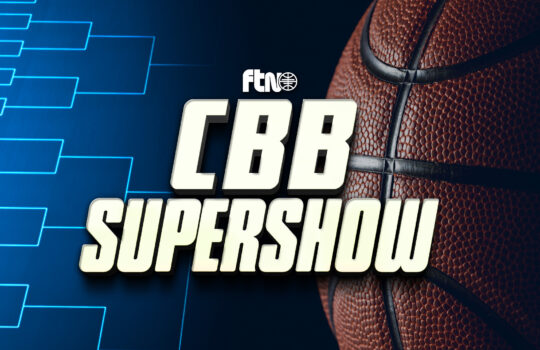

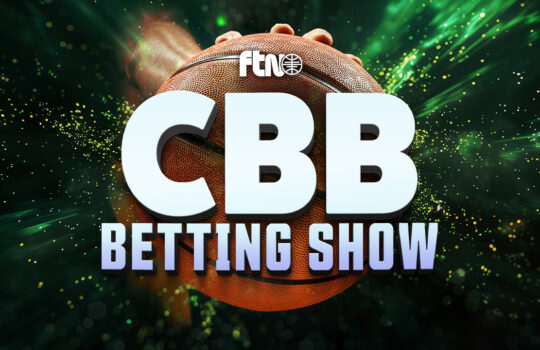


















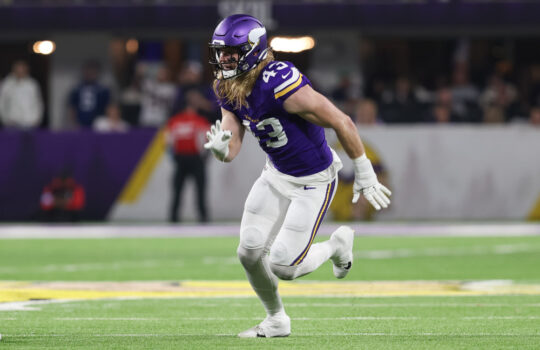



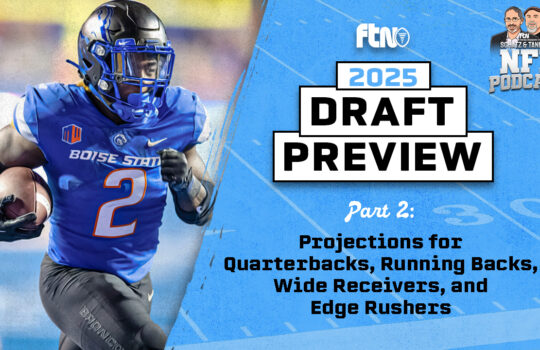

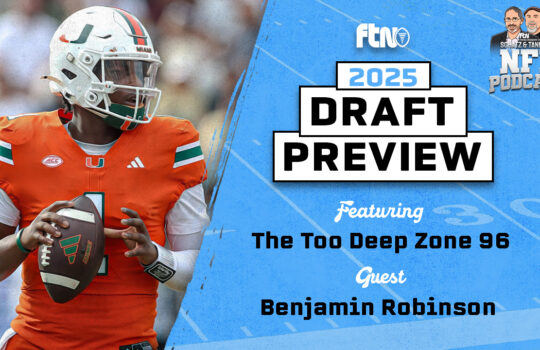
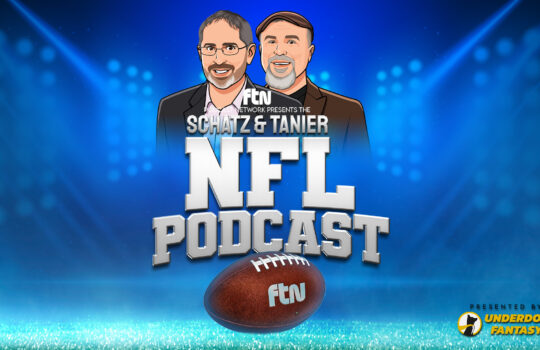








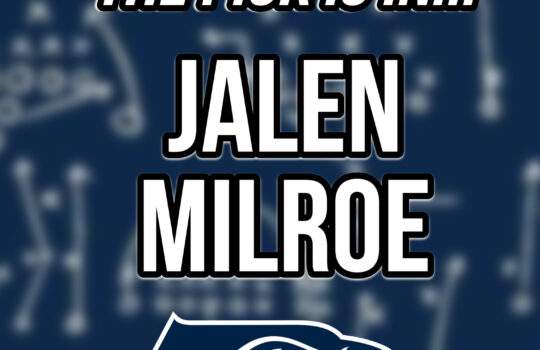

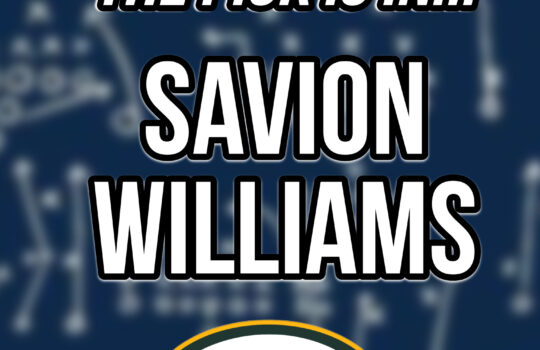
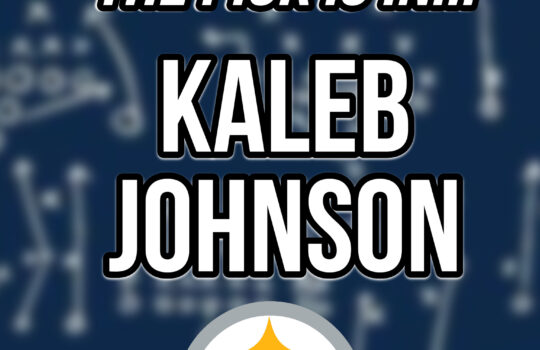

 New York Jets
New York Jets  New England Patriots
New England Patriots 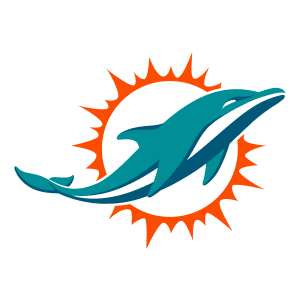 Miami Dolphins
Miami Dolphins  Buffalo Bills
Buffalo Bills  Pittsburgh Steelers
Pittsburgh Steelers  Cleveland Browns
Cleveland Browns  Cincinnati Bengals
Cincinnati Bengals  Baltimore Ravens
Baltimore Ravens 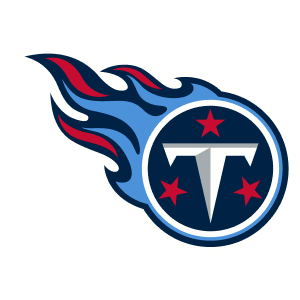 Tennessee Titans
Tennessee Titans  Jacksonville Jaguars
Jacksonville Jaguars  Indianapolis Colts
Indianapolis Colts  Houston Texans
Houston Texans  Las Vegas Raiders
Las Vegas Raiders  Los Angeles Chargers
Los Angeles Chargers  Kansas City Chiefs
Kansas City Chiefs  Denver Broncos
Denver Broncos  Washington Commanders
Washington Commanders  Philadelphia Eagles
Philadelphia Eagles  New York Giants
New York Giants  Dallas Cowboys
Dallas Cowboys  Minnesota Vikings
Minnesota Vikings  Green Bay Packers
Green Bay Packers  Detroit Lions
Detroit Lions  Chicago Bears
Chicago Bears  Tampa Bay Buccaneers
Tampa Bay Buccaneers  New Orleans Saints
New Orleans Saints  Carolina Panthers
Carolina Panthers  Atlanta Falcons
Atlanta Falcons  San Francisco 49ers
San Francisco 49ers  Seattle Seahawks
Seattle Seahawks  Los Angeles Rams
Los Angeles Rams  Arizona Cardinals
Arizona Cardinals 

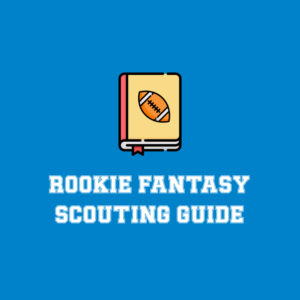






 Boston Celtics
Boston Celtics  Brooklyn Nets
Brooklyn Nets  Philadelphia 76ers
Philadelphia 76ers  New York Knicks
New York Knicks  Toronto Raptors
Toronto Raptors  Chicago Bulls
Chicago Bulls  Detroit Pistons
Detroit Pistons  Milwaukee Bucks
Milwaukee Bucks  Cleveland Cavaliers
Cleveland Cavaliers  Indiana Pacers
Indiana Pacers  Orlando Magic
Orlando Magic  Atlanta Hawks
Atlanta Hawks  Charlotte Hornets
Charlotte Hornets  Miami Heat
Miami Heat  Washington Wizards
Washington Wizards  Denver Nuggets
Denver Nuggets  Minnesota Timberwolves
Minnesota Timberwolves  Oklahoma City Thunder
Oklahoma City Thunder  Portland Trail Blazers
Portland Trail Blazers  Utah Jazz
Utah Jazz  LA Clippers
LA Clippers  Golden State Warriors
Golden State Warriors  Los Angeles Lakers
Los Angeles Lakers  Phoenix Suns
Phoenix Suns  Sacramento Kings
Sacramento Kings  Dallas Mavericks
Dallas Mavericks  Houston Rockets
Houston Rockets  Memphis Grizzlies
Memphis Grizzlies  New Orleans Pelicans
New Orleans Pelicans  San Antonio Spurs
San Antonio Spurs 










